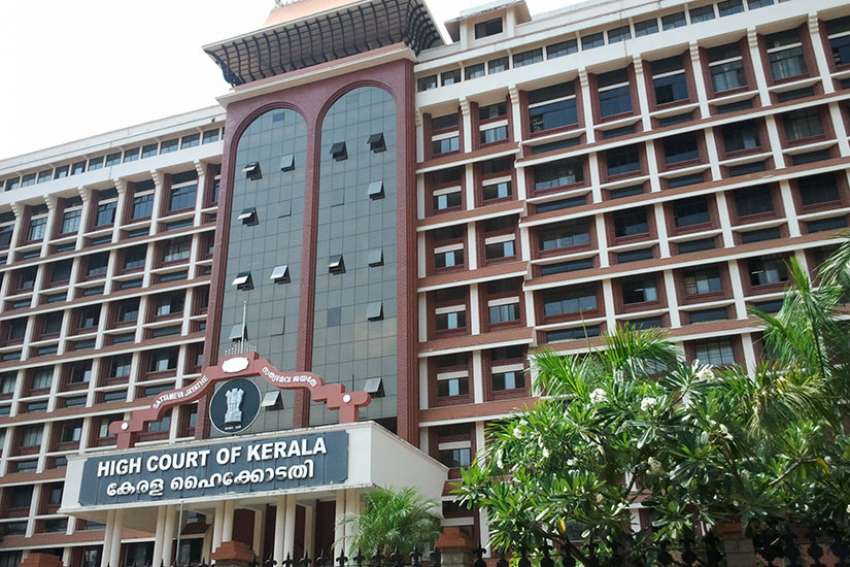In its order last week in favour of a priest whose relatives cut him out of his share of ancestral property, the court in Kerala state said a priest can give up his property if he wishes to, but there can be no "automatic deprivation" because he is in a religious order and has "renounced worldly pleasures."
The ruling applies to all religions in the state, and to women in a religious order as well.
The high court, which overturned a lower court's ruling against the priest, placed the Indian Succession Act — which guarantees all citizens equal inheritance rights — above canon law, which requires the surrender of any inheritance to the church, said Sabu George, a lawyer for the priest.
The verdict can help retired priests and nuns, as well as those who quit the clergy, "lead a decent life," said K.P. Shibu Kalamparambil, secretary of an association of Catholic priests and nuns.
"Hundreds of former priests and retired priests are living in penury in India, as most families refuse to take them back when they are old and have no work," said Kalamparambil, who quit the priesthood after 27 years.
The Catholic priests' association has long demanded a state pension and compensation from the church for retired priests and those who leave the clergy. They are often forced to live on a small stipend or depend on the largesse of the parish.
A spokesman for the Catholic church in the state said they were disappointed with the ruling, and may appeal.
"It is unfortunate that the law of the church has not been appreciated," said Paul Thelakkat, a senior Catholic priest.
"Detachment from property and worldly life is our tradition. This has not been positively valued and upheld."
Kerala contributes more than half of India's clergy, with Catholic families long observing a tradition of pledging one son or daughter to the church.
The church — like other religious institutions in India — is considered wealthy, with extensive land holdings and properties including educational institutions and hospitals, many received as gifts.
The church may still force the clergy to give up their property, and the ruling also does not benefit those who have already given their properties to the church, said Reji Njallani, national president of the priests' association.
"We will ask the church to return them in light of the order," he said.


